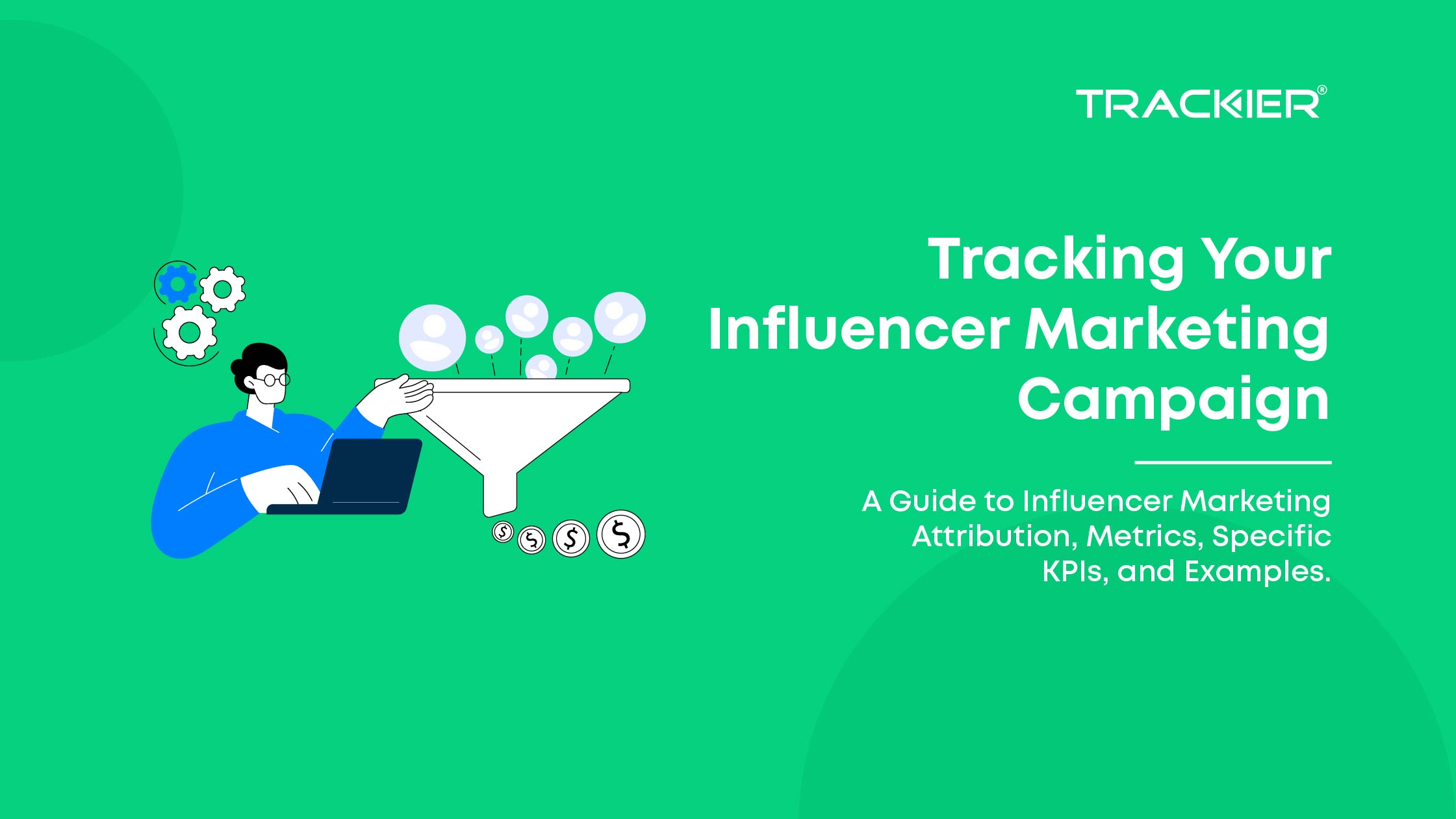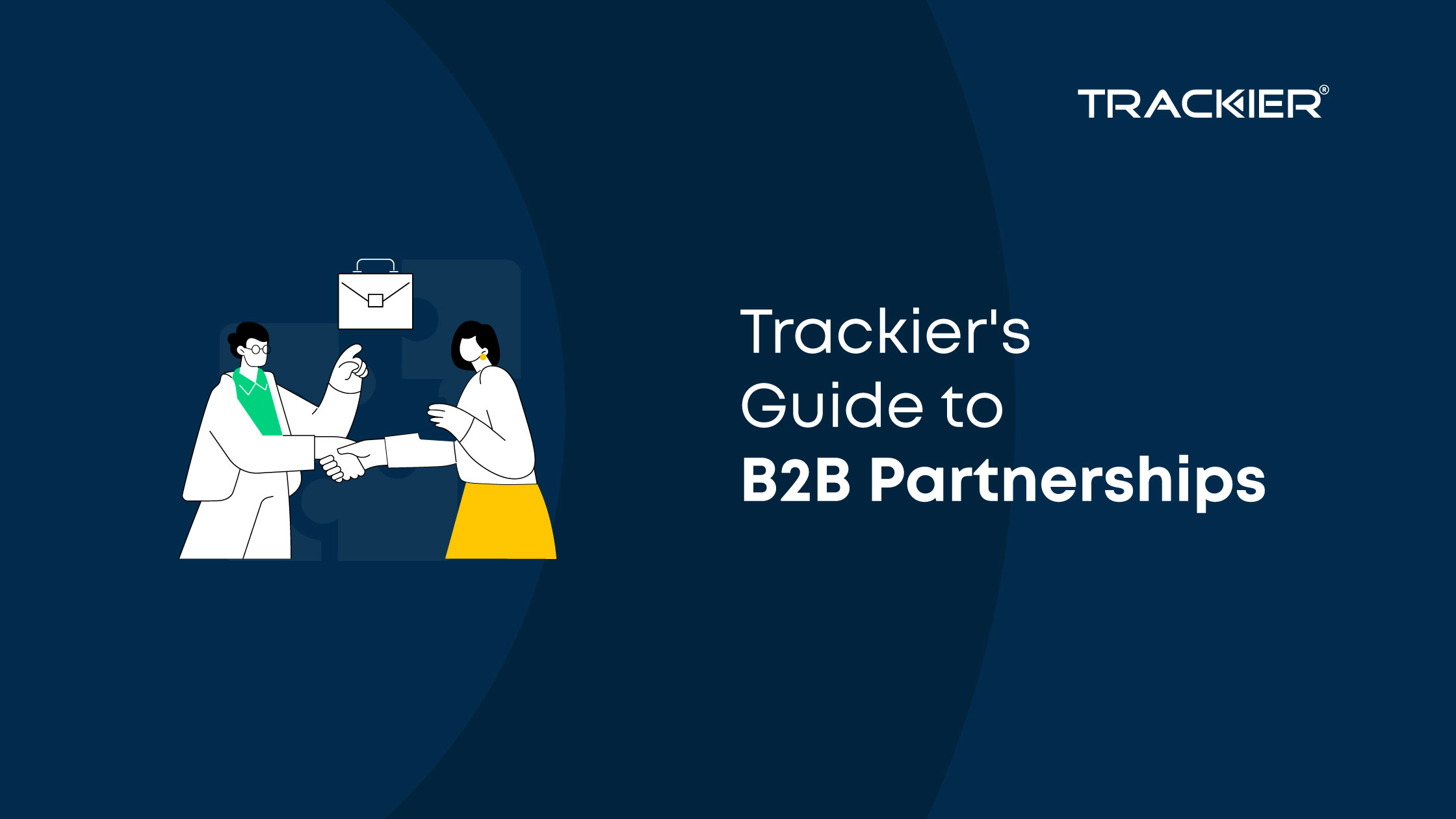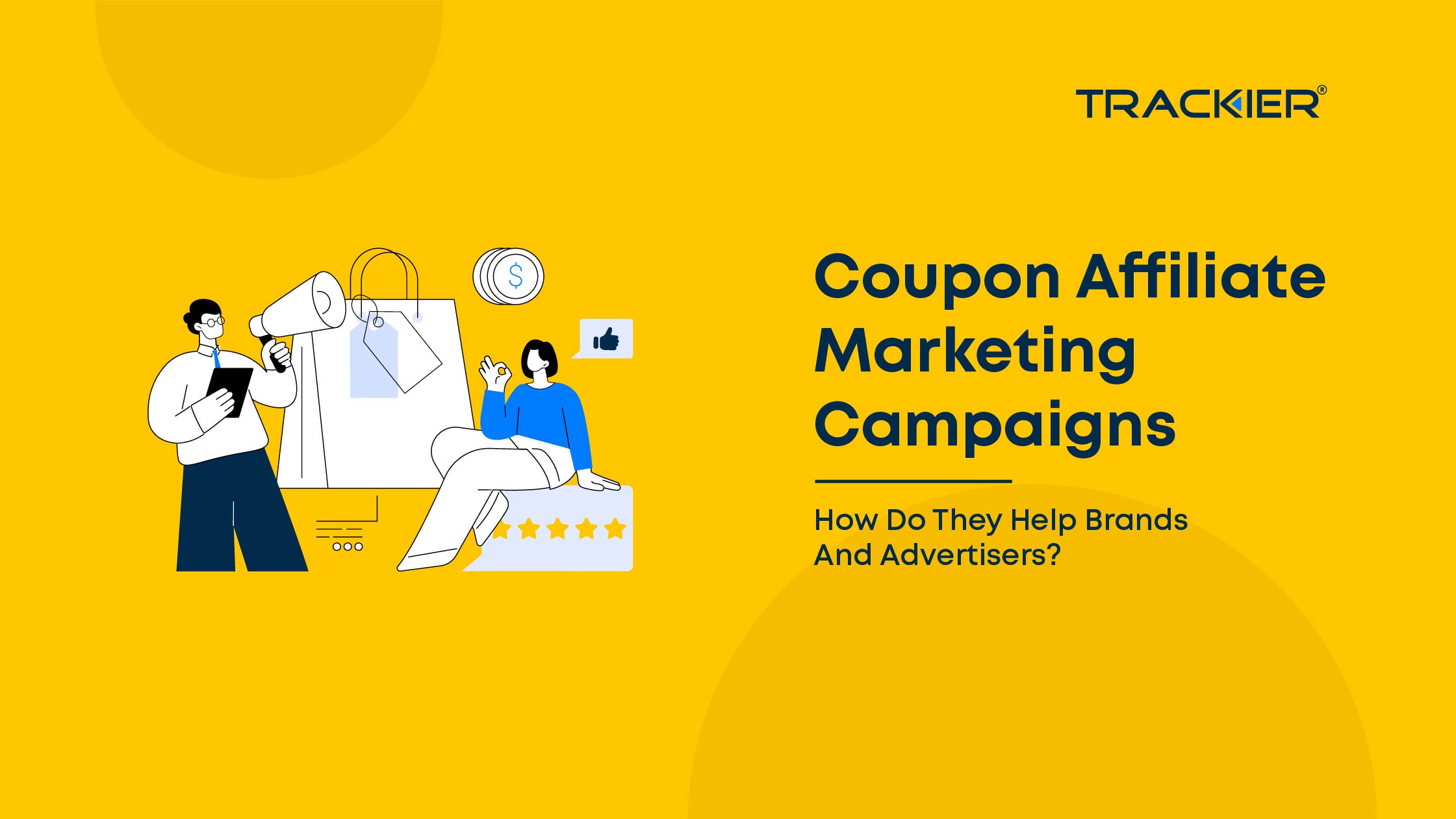
By now you may have heard about the Brazilian LGPD Law that is coming into effect from August 2021, most likely. It is a new data privacy law that controls how websites collect and store the personal data of the visitors situated in Brazil. It will apply to businesses operating within and outside Brazil. Hence, it becomes important to comprehend how this new law is going to affect your affiliate site.
Adapting your affiliate site to this new regulation law will take some time, but informing oneself of the same beforehand has its own advantages. In this article, we’ll be talking about this new law, how it is different from GDPR, and what you should do to comply with it. So, let’s get going!
A Brief Summary on Brazilian LGPD
The full form of LGDP is Lei Geral de Proteção de Dados Pessoais, which means “general law of personal data protection”. Post the enforcement of the General Data Protection Regulation (GDPR) and California Consumer Privacy Act (CCPA), the global data protection landscape is continuing to evolve, now expanding its horizons in the Brazilian territory. Just like the GDPR, LGPD also states that any company that collects data from Brazil citizens must comply with the law, regardless of the country it is situated in. Since affiliate marketing websites collect some amount of data from the consumers across the globe, this means that the LGPD has an impact on your affiliate site too.
So, if your website is collecting personal data from the consumers, then your website must show the disclosure of this fact to Brazilian residents even if your website is not headquartered in Brazil. For example, if you are an affiliate marketer sitting in India but is dealing with Brazilian consumers, then you must comply with the LGPD laws and regulations. You must store the data of your consumers safely and need to ensure that they are aware of what you’re doing with their data.
In the case of the data breaching, the defaulter has to pay the fine of up to 2% of the total revenue in Brazil or up to $50 million, whichever is higher. So, you must take the look into the rules and regulations carefully.
How LGPD is different from GDPR?
Both LGPD and GDPR are the same in most aspects. Since every affiliate marketing website is operating in compliance with the GDPR guidelines, adapting to LGPD guidelines will not be that much of a hassle. However, here are some of the listed distinctions between LGPD and GDPR:
- All companies must register. Unlike GDPR, there’s no exemption for the companies with less than 250 employees.
- Anonymized data may be deemed as personal data when being used for behavioral profiling.
- Obtaining consent is not an issue if the subjects have made their personal data public.
- Controllers and processors are bound to the same regulations, no matter if they have a written binding contract or not.
Note that this is just a summary, in a nutshell, to guide you through. I recommend you to read the whole guidelines in detail so as to gain a better understanding.
What do you need to do as an Affiliate Marketer?
Try keeping it transparent with your consumers, adhere to these guidelines so as to avoid any problem:
- Include an opt-in checkbox that will allow your audience to let you know if they are comfortable in sharing their personal data with you or not. It will be a crystal-clear way to obtain their consent.
- Display a privacy policy in a simple and clear written language detailing what type of data you’re collecting and how you’ll use it, ensuring the visitors that the information they will submit is secured safely by you and will not be misused in any case whatsoever.
- Giving your affiliates and other website visitors the right to access their personal information and the information about you’ve been storing it. So, you need to keep a track of where all the data of your website is stored, even if you use a third-party website.
- If your visitors want to withdraw their consent, then you must delete all their stored personal information completely.
- Prepare an emergency plan of action in case of any breach of the rules. The first step of which will be to notify the affected parties quickly.
- If you are an Affiliate/Ad Network you can mask the personal data, Trackier has built a feature which can help you to mask the personal data such as IP address, Device Id.
Though the updated LGPD guidelines come with strict requirements, it will help the affiliate marketing industry to earn more trust from the users.
Summing Up
In recent years, consumers’ privacy has gained the utmost importance. This new wave of privacy policy will help affiliate marketing grow in a dynamic way and will enable marketers to win the trust of smart consumers.













